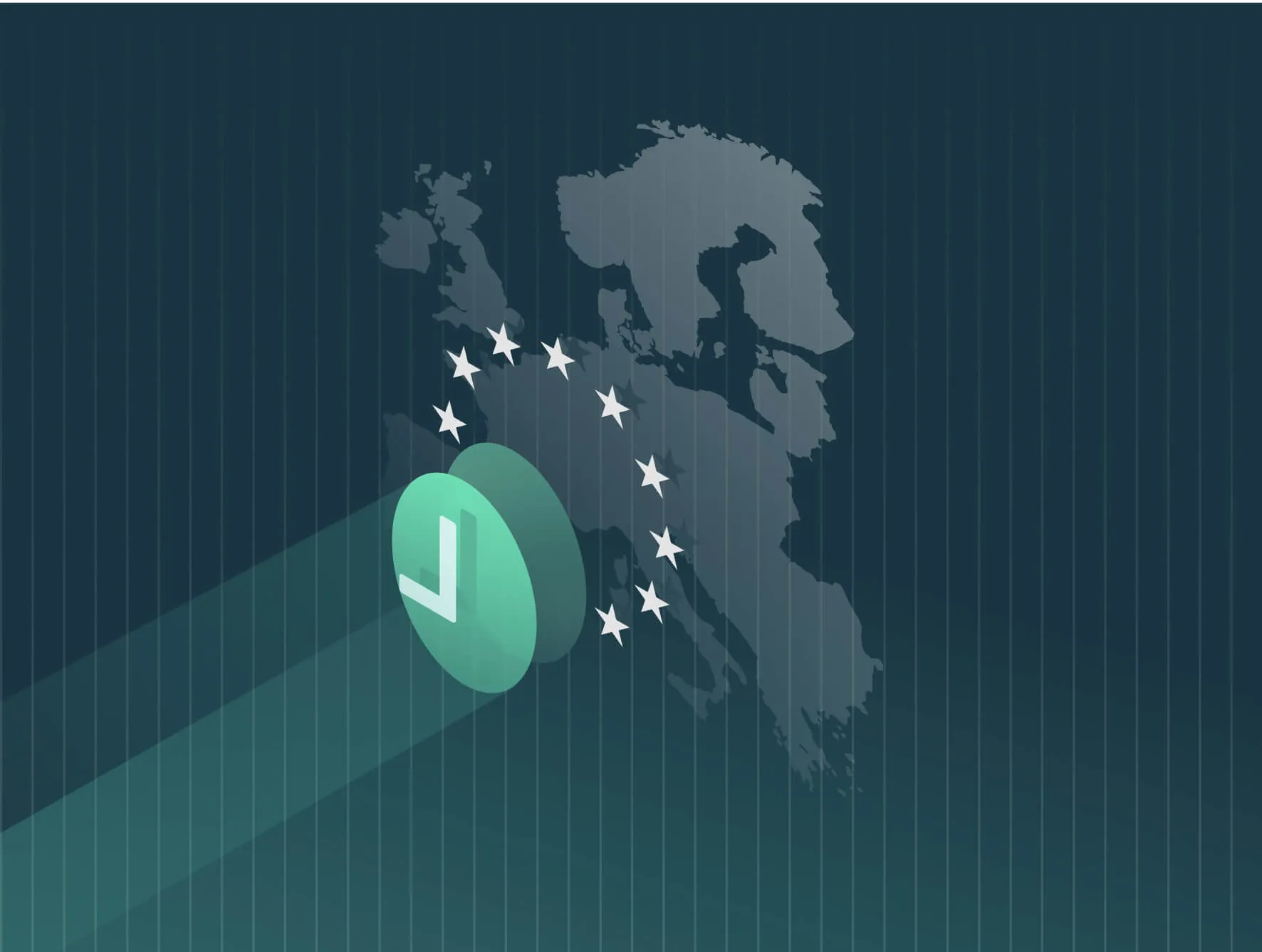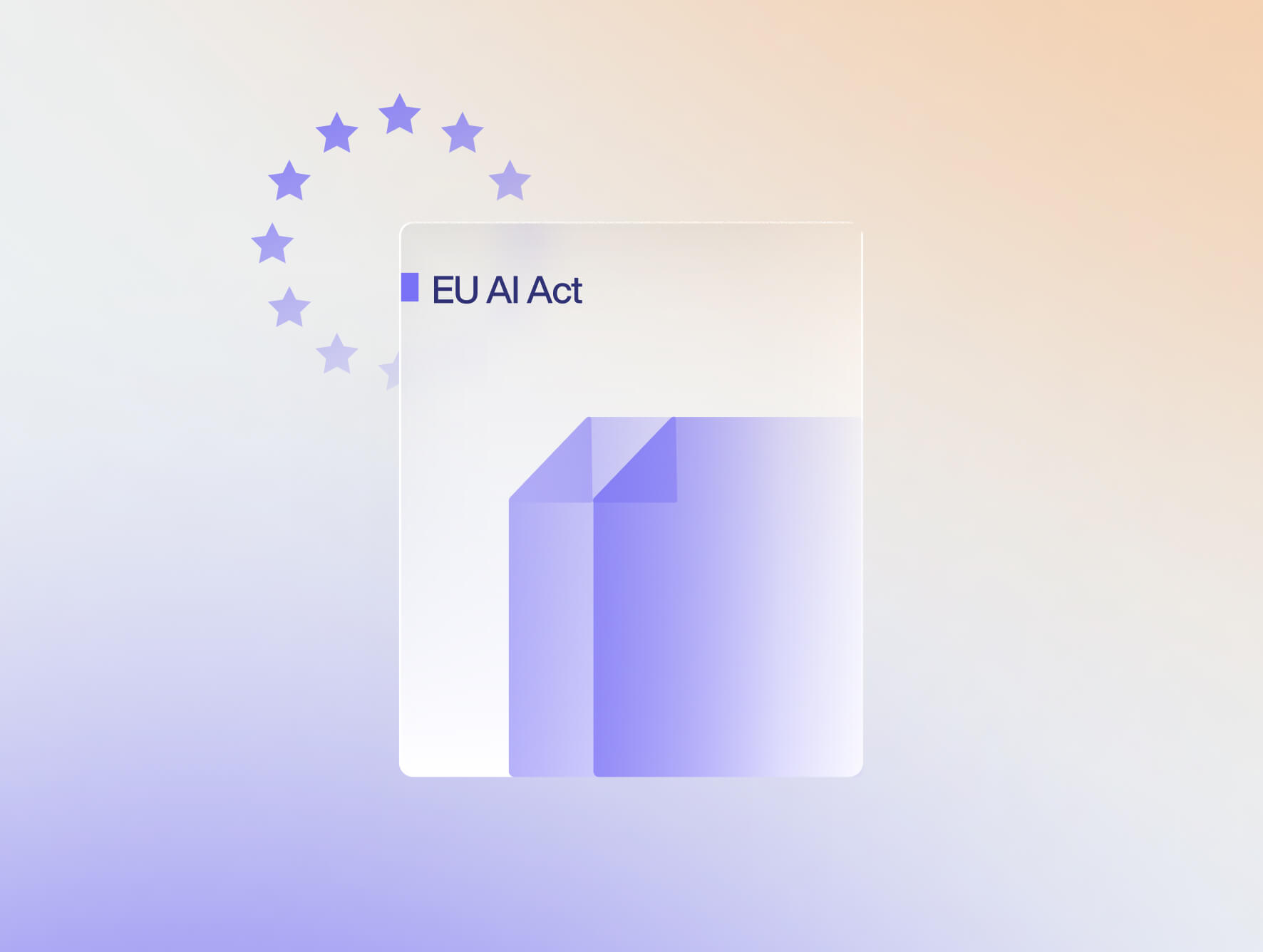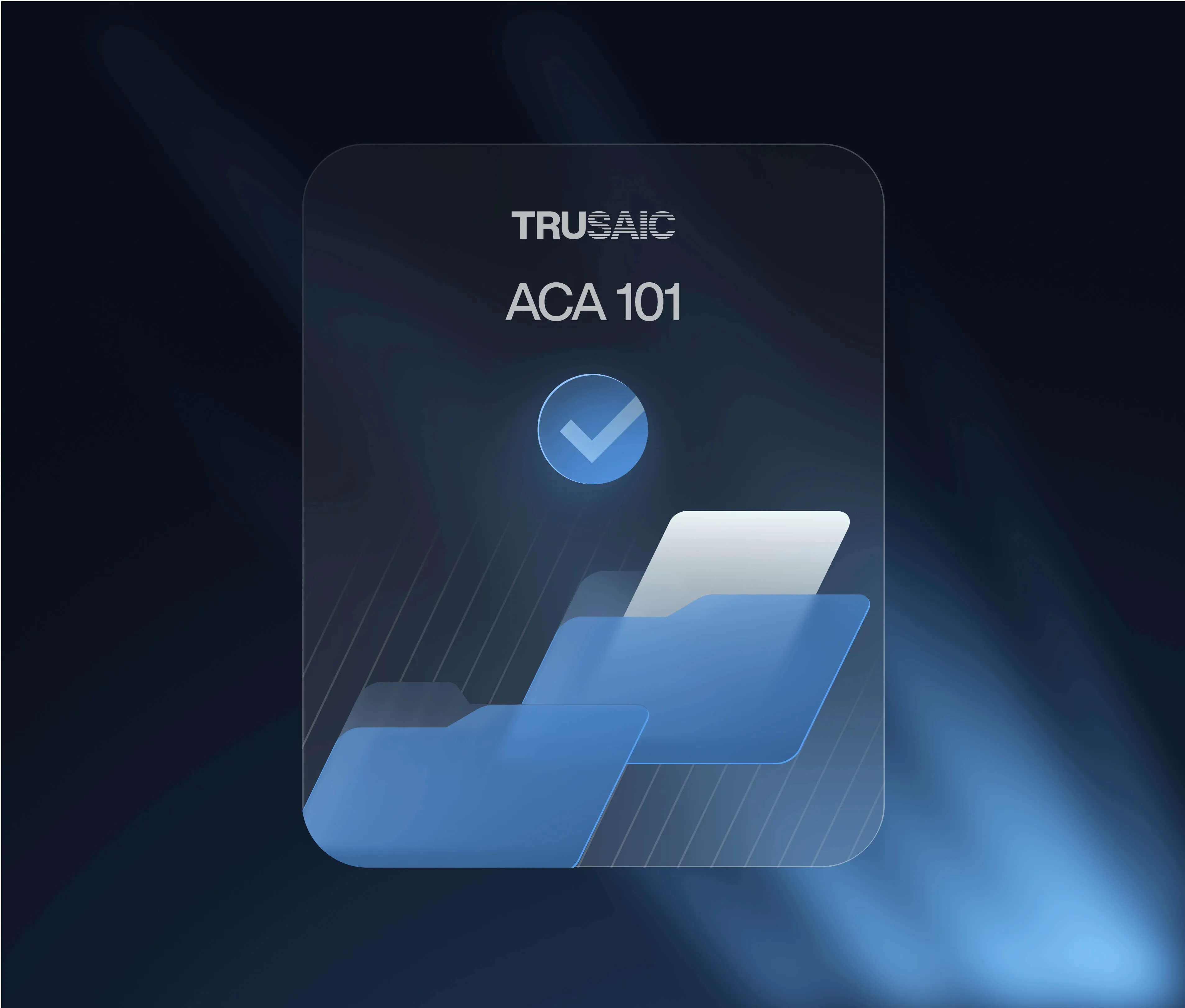In the U.S., comprehensive pay equity legislation is long overdue. This congressional inaction means that U.S.-based companies must look overseas to gauge how foreign markets and governments are responding to the growing international movement for gender equality in the workplace. According to a new article in the Harvard Business Review, Iceland has developed perhaps the most effective strategy for closing the gender wage gap. Iceland’s approach consists of three specific initiatives, according to researcher Ines Wagner, who recently published the first qualitative analysis of Iceland’s equal pay system. Through considering these initiatives, U.S. employers can better prepare for a changing regulatory landscape, particularly with a new Democratic stronghold in congress and the White House.
Iceland’s first equal pay initiative involves the idea of “burden-shifting.” Dr. Wagner notes that in many places across the globe, the burden is on the employee to put forth evidence of gender-based pay discrimination in litigation or enforcement actions. One way to think about this approach is that it is reactive–employers’ equal pay strategies must inevitably involve a significant amount of defense and responding to employees. Iceland puts the onus on employers to affirmatively provide evidence of fair pay through a job evaluation tool called the “Equal Wage Management Standard” or EWMS. Employers with more than 25 employees must achieve a certification that they pay equally for equal work, or risk the imposition of a daily governmental penalty. In her study, Dr. Wagner observed that while the process of implementing EWMS was difficult for managers, “they appreciated the positive outcomes it resulted in: a straightforward structure, absolving some of the responsibility of individual managers; a confidence in the abilities of — and amongst — new hires; an increase in trust in the employer amongst female employees; and a sense of pride amongst all employees for being part of such a progressive project.”
Iceland’s second equal pay initiative involves enforcement mechanisms. Dr. Wagner notes that “[p]revious research indicated that equal pay certification schemes are only effective when strongly enforced.” In other words Iceland’s system assumes that voluntary compliance will not yield sufficient progress in closing the gender wage gap. Instead, Icelandic employers “undergo an external certification process that checks whether their salary system pays equally for work of equal value. In the case of non-compliance, the state issues a daily fine of USD 500.” According to Dr. Wagner’s findings, the legislative “teeth” attached to Iceland’s legislation via the certification system are critical to its efficacy.
Third, transparency of process is essential. “When companies increase accountability and clarity in their performance award system, differences in pay are reduced,” writes Dr. Wagner. Many U.S. businesses have found out this truth the hard way. A case study on this point recently arose during Blizzard employees’ spreadsheet revolt, where many were upset or confused about pay adjustments and circulated a spreadsheet indicating their salaries. Conversely, as Dr. Wagner observes, in Iceland, legislators have created a “traceable pay system” where “employees now have the right to ask the employer to inform them of the wages and terms under which they are employed.” This system is designed to circumvent events such as the spreadsheet revolt by broadly mandating transparent compensation systems.
While U.S. employers are not yet uniformly subject to the three central Icelandic pay equity initiatives of 1) burden-shifting, 2) enforcement mechanisms, and 3) transparency requirements, understanding how Iceland’s system functions may prove extremely useful. As we await the inauguration of a new administration, it’s important to remember that Vice-President Elect Harris also proposed an equal pay certification system when she was a presidential candidate. It may be that long overdue comprehensive equal pay legislation is coming quicker than expected.









